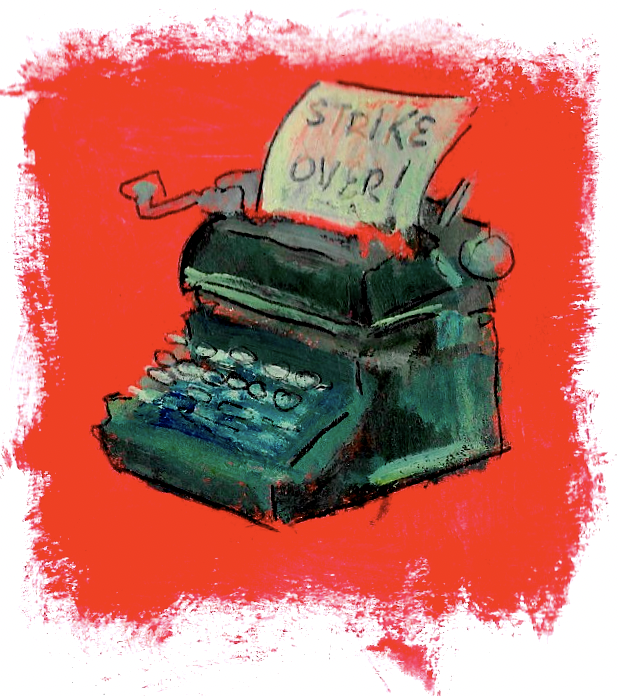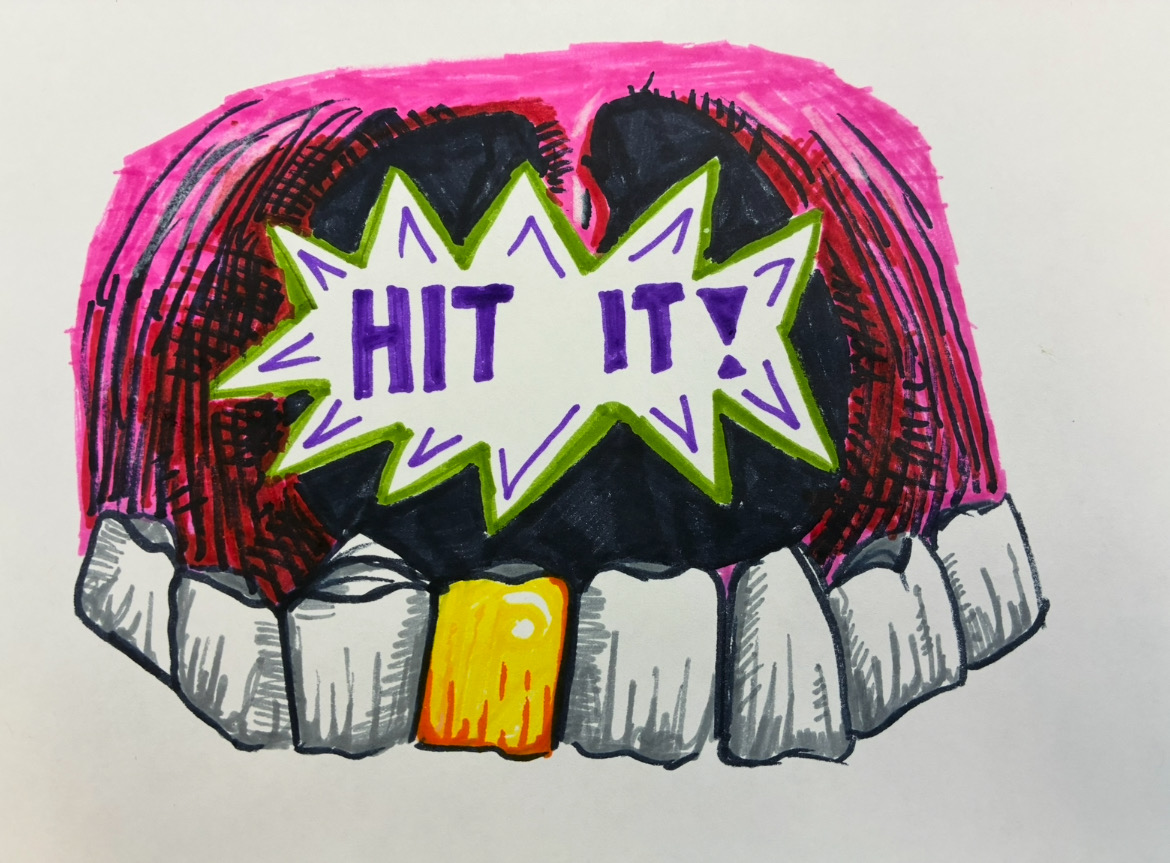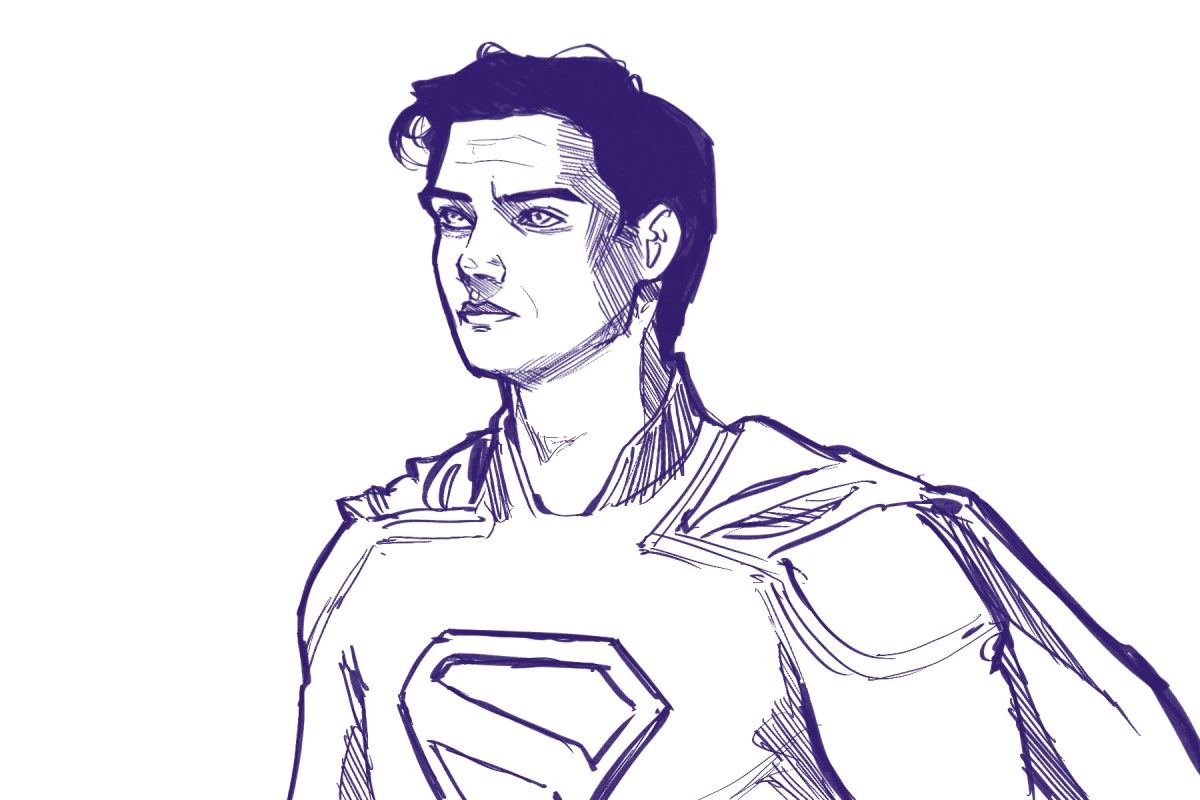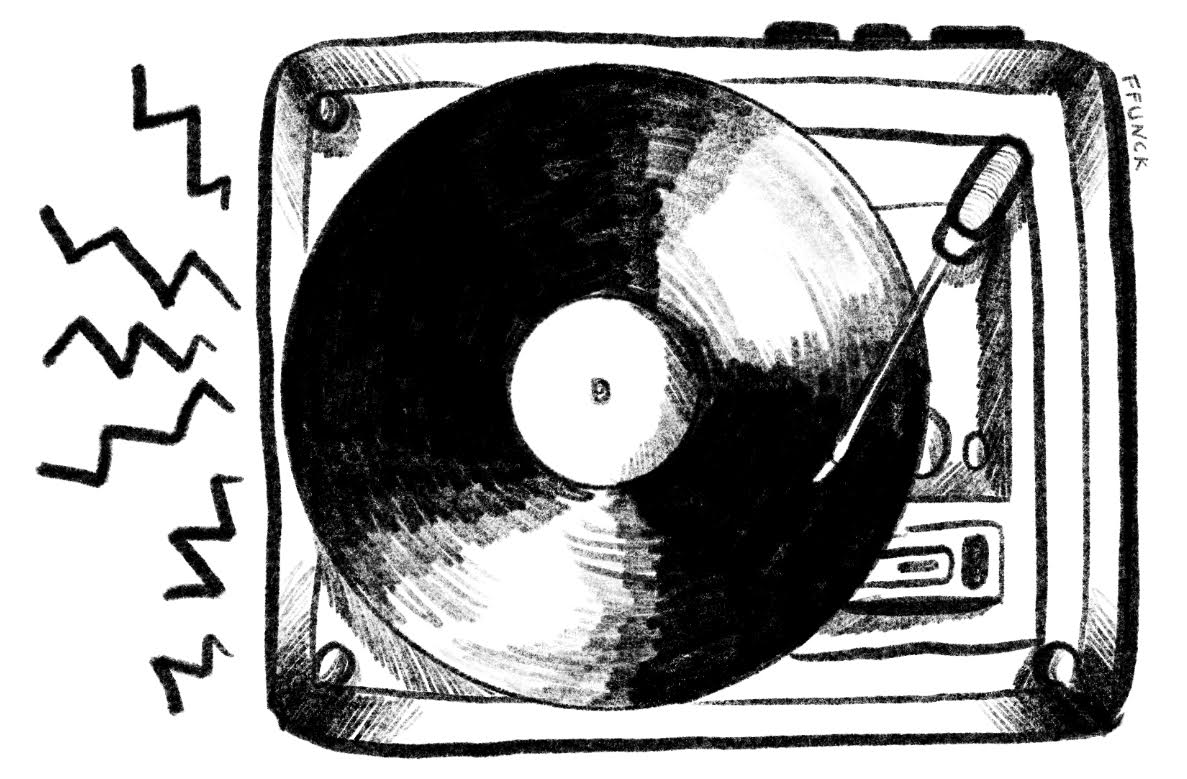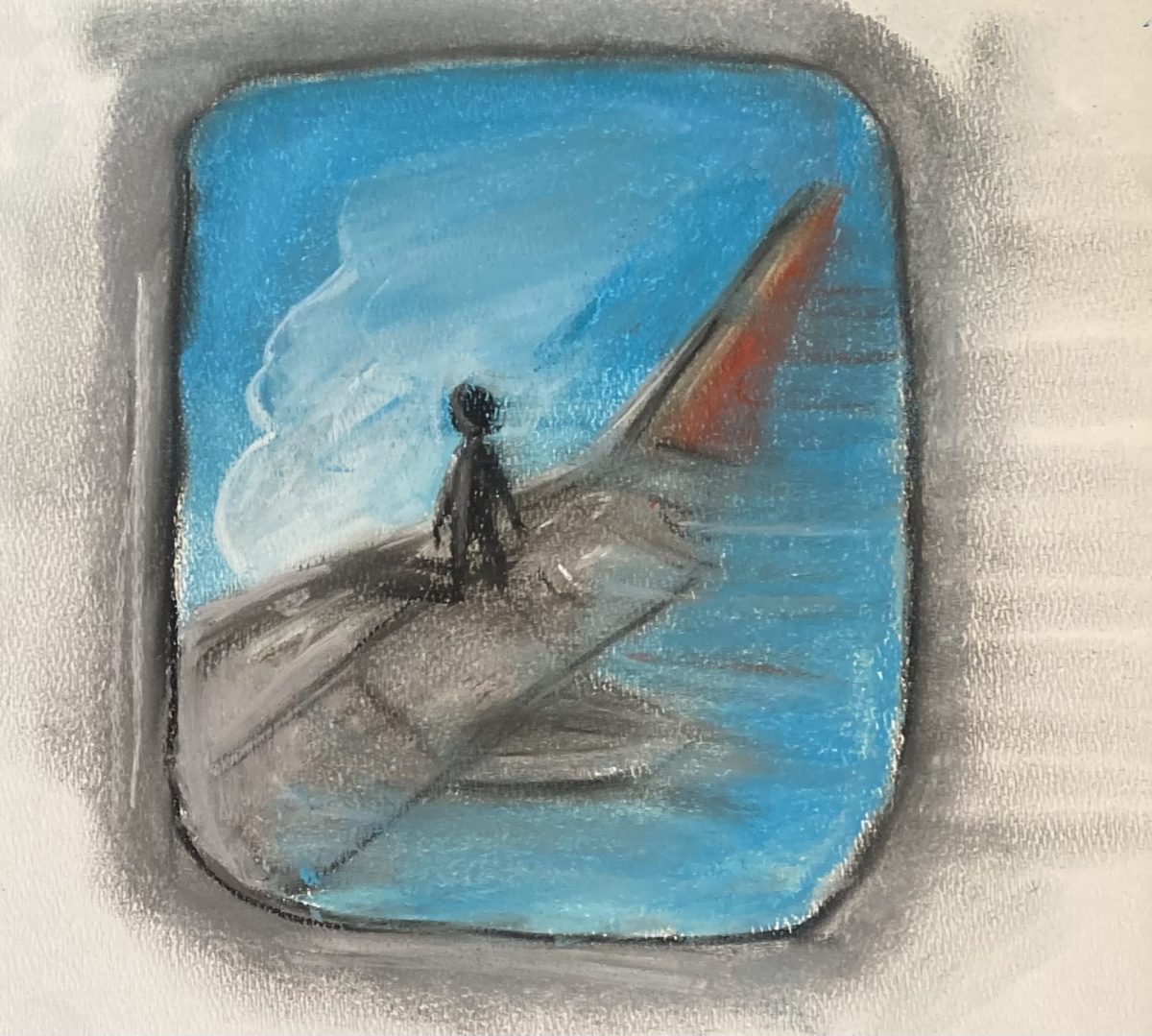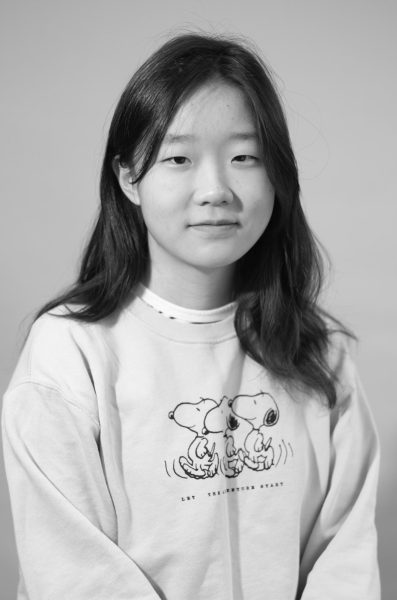The Screen Actors Guild – American Federation of Television and Radio Artists (SAG-AFTRA) agreed to sign in favor of a new contract, officially concluding the actors’ strike against the Alliance of Motion Picture and Television Producers (AMPTP) after 118 days. After two weeks of tumultuous meetings, the SAG-AFTRA announced its approval of the three-year contract on Tuesday, December 5th. The new contract details a general wage increase and more regulation concerning artificial intelligence, an unprecedented event in the history of Hollywood’s film and TV studios. The strike was also the longest and one of the most successful in terms of improving pay and workers’ rights, a positive sign for future protests and strikes in the entertainment industry.
However, many within the union voiced their dissatisfaction with the results of the negotiations. In stark contrast to the writers’ strike, which had near-unanimous votes in favor of their contract, the ballot that ran from November 13th to December 6th had about 78% of the votes cast in agreement. Despite this, SAG-AFTRA leaders are relieved to see the end of the strike, with the film industry finally turning back to normal.
Kevin E. West, a member of the union, told Variety that the deal is “not perfect—nothing is,” but still considered it an “extraordinary achievement.” Union member Ben Whitehair agreed with this sentiment, describing the deal as a “massive win.” According to the union, the new contract outlined a general increase of 7% in minimum wage, as well as bonuses for works released on streaming services, better pensions, and improved insurance.
Nonetheless, SAG-AFTRA leaders collectively agree that the most important and revolutionary part of the deal is the new protections for actors against AI. The new contract requires the consent and compensation of every worker whose work was involved in AI reproduction. After the contract deal, the SAG-AFTRA president told the Associated Press that this part of the contract them was a “deal breaker.” With the recent surge in technological developments and popularization of AI, actors and artists alike have been threatened with the loss of their jobs and the plagiarism of their intellectual property.
Jules Roscoe, a reporter affiliated with unionization efforts, reported in an interview with PBS that studios are pushing more AI-generated content because it is “cheaper” and takes less time than hiring actual human workers. According to Roscoe, background actors are most concerned about having their bodies 3D scanned and inserted into scenes, essentially replacing them in the workforce.
This conversation about AI is not exclusive to the acting industry—writers have voiced their concerns about AI as well. Fabiola Campos ’26 reported to the Register Forum, “I think that people underestimate how important good writers are—a lot of [entertainment] work [relies on] writers [and] directors, not just actors.”
Although some actors and people following the news were disappointed by the results of the strike, it set an important precedent. This recent strike and a new contract have given actors hope that, with enough work and patience, they can change the exploitative conditions of the entertainment industry that have been in place for years, as well as set regulations and limitations on AI.
This article also appears in our December 2023 print edition.

